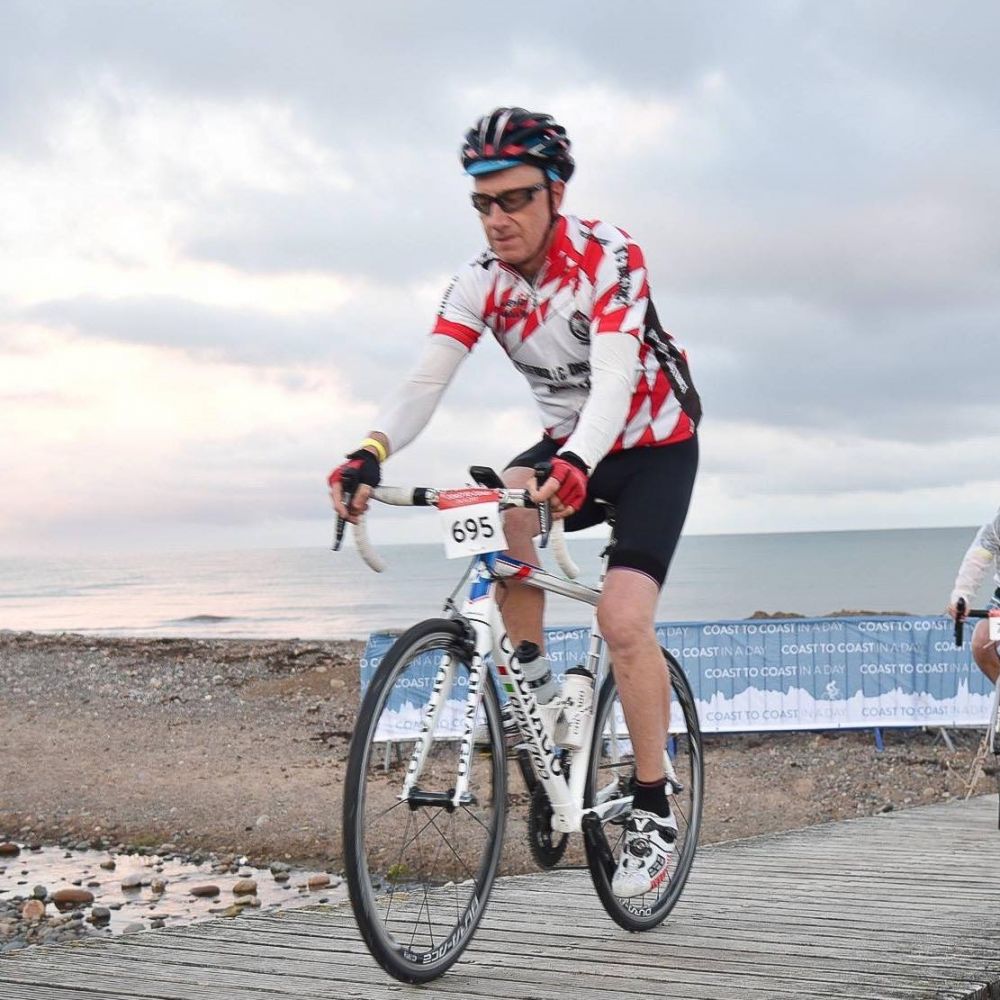News
Monday 7th August 2023Please Pedal Safely.
Every year more than 100 pedal cyclists die on UK roads. That’s about six per cent of all road fatalities. But those figures tell an even more tragic story. Approximately 30 cyclists die per one billion miles travelled compared to just two car drivers.
The long light summer evenings are very tempting for people to decide on a bike ride. It’s fun, it keeps you fit, it’s a cheap way to get around, good for the soul and it’s great for the planet too. But the appalling statistics show no sign of dropping despite vigorous safety campaigns.
Forty five per cent of cycling accidents occur at junctions or T junctions with a further third at roundabouts. The safest routes are not surprisingly where there are designated cycle lanes.
The Highway Code has a long list of rules that cyclists must adhere to but there is no obligatory test for cyclists. Inevitably some cyclists will not have read the Highway Code sufficiently or even at all.
 Last year, the Government introduced three new rules to the Highway Code including Rule H3 which gives pedal cyclists priority over motorists when they are turning in or out of a junction. Cyclists should also occupy the centre of any single lane they are in. The problem gets even more complicated in cities with rented electric bikes, often hired by occasional or novice riders who are battling with their own cycling abilities and a strange bike, alongside the requirements of the Highway Code. East Devon’s biggest conurbation Exeter, is not yet in the situation of London where pavements are often littered with discarded rented bikes. But this might not be for much longer. The Government’s carbon net zero initiative by 2050 encourages people to travel in the most sustainable way. Organisations like charity Sustrans, campaigns for fair funding for active travel, whether it’s walking or cycling. So biking is an easy win on every level – except when it comes to safety.
Last year, the Government introduced three new rules to the Highway Code including Rule H3 which gives pedal cyclists priority over motorists when they are turning in or out of a junction. Cyclists should also occupy the centre of any single lane they are in. The problem gets even more complicated in cities with rented electric bikes, often hired by occasional or novice riders who are battling with their own cycling abilities and a strange bike, alongside the requirements of the Highway Code. East Devon’s biggest conurbation Exeter, is not yet in the situation of London where pavements are often littered with discarded rented bikes. But this might not be for much longer. The Government’s carbon net zero initiative by 2050 encourages people to travel in the most sustainable way. Organisations like charity Sustrans, campaigns for fair funding for active travel, whether it’s walking or cycling. So biking is an easy win on every level – except when it comes to safety.
It’s not surprising that Nextbase, a major dashcam brand, report a 200% increase in sales. It’s now estimated that at least one in six motorists currently has a dashcam with many car manufacturers now fitting them as standard.
Dashcam manufacturers also claim that 72% of drivers have experienced ‘near miss’ incidents on the road, many involving cyclists. But it appears they fail to report them because ‘it’s too complicated’. Insurance companies claim to like dashcams because of video evidence and will sometimes offer reductions on premiums. Motorists can set up their cameras so that footage of any collision can be emailed directly to their insurance company.
‘Given the current cost of living crisis, riding a bike to work or for social travel makes an awful lot of sense,’ says Roger Henderson of Rundlewalker’s Accident & Injury Team. 'But it has to be said that the statistics are frightening. We encourage all cyclists to undertake a safety course, wear proper protective and high viz clothing, get insurance and be prepared for any incident.’
Meanwhile there are a few urban myths about cyclists. First that cyclists don’t pay road tax. Short answer, nobody does. It was abolished in 1937. What motorists pay is Vehicle Excise Duty, whose cost depends on their vehicle’s carbon dioxide emissions. Second myth: cyclists must use the cycle tracks if provided. The Highway Code says this is only when practicable. Sometimes they’re too narrow or place you too close to the kerb. Another fake rumour is that you can get points on your driving licence for cycling offences. However just like motorists, you could be fined for minor offences such as failing to stop at a red light. Police cannot force a cyclist to take a breathalyser test, but riding recklessly could lead to a criminal conviction, regardless of how much alcohol you’ve drunk.
Rundlewalker’s Roger Henderson puts it all into context. ‘Quite simply, it is illegal to ride your bike on a road or any public place including a path or pavement, under the influence of alcohol or drugs. It’s the same deal for drivers, motorcyclists and horse riders. If you’re a cyclist involved a collision, whether or not it was your fault, the key is to act swiftly and get good sound legal advice. Gather whatever evidence you can, whether it’s photographic, factual or witnessed. Speed is of the essence here.’
Simply contact us now to discuss your legal situation and we can advise you of the options available. Please call Roger Henderson on 01392 209218 or email roger.henderson@rundlewalker.com.
Roger has worked closely with many road safety professionals and stakeholders, so he very much supports all road users taking extra care and being respectful to each other whilst on the roads of Devon and Cornwall.
 Vision Zero’s ambition is to cut road deaths and serious injuries to zero by 2040 – and to reduce current numbers by 50% by 2030.
Vision Zero’s ambition is to cut road deaths and serious injuries to zero by 2040 – and to reduce current numbers by 50% by 2030.
In 2021, 47 people were killed and 647 were seriously injured on the roads of Devon and Cornwall. That number MUST come down. While the region is one of the safest when it comes to road safety, we believe that any death or serious injury is too many.
This article is for general information only and does not constitute legal or professional advice. Please note that the law may have changed since this article was published.

